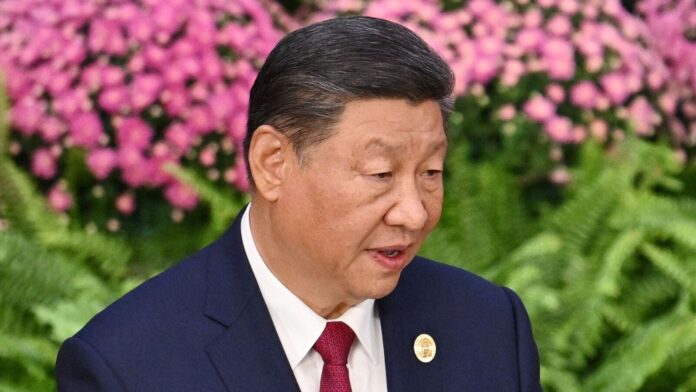It was an isolated incident, the government insists. On June 24th a Chinese man attacked a Japanese woman and her child at a bus stop outside a Japanese school in the city of Suzhou. A Chinese school-bus attendant, Hu Youping, tried to shield the pair, only to be stabbed herself. She died days later. The local administration has called Ms Hu a “righteous and courageous” role model.
Extreme Chinese nationalists, though, have a different view of the attack. In comments posted online they have spread rumours that Ms Hu had been a Japanese spy. Others urged more violence against Japanese people. Some social-media posts called for the establishment of a “modern-day Yihetuan”. The term refers to the Boxer Rebellion, an anti-foreign uprising in northern China between 1899 and 1901.
Japan is often a target of nationalist ire. Young Chinese are taught to resent the country for its invasion of China and the atrocities it committed during the 1930s and 40s. One netizen described the attack in Suzhou as the result of “decades of hate education”. Nationalists are further animated by disputes over the Japanese-controlled Senkaku islands, which China claims and calls the Diaoyu, and Japan’s support for Taiwan. Online nationalists sometimes wish for Japan to sink to the bottom of the sea.
This type of vitriol is generally tolerated by the government, which censors content it deems undesirable. Many nationalists attract huge audiences online. One such commentator, Hu Xijin, has nearly 25m followers on Weibo, a microblogging site. The nationalists promote a sense that the Communist Party has made China strong. And they distract from the party’s failings. Last year, as the economy slowed, the government stoked nationalist anger over Japan’s release of nuclear wastewater.
But China’s ruler, Xi Jinping, is obsessed with stability, so the party wants to make sure that nationalism has limits. In response to the attack in Suzhou, party mouthpieces called for vigilance against the spread of “digital hatred” into the real world. Social-media platforms have cracked down on “extreme nationalism”, particularly anti-Japanese sentiment. Weibo and Tencent, a social-media giant, said they had removed hundreds of pieces of content.
Even some nationalists think the anti-Japanese rhetoric has gone too far. The attack in Suzhou came two weeks after four American college instructors were stabbed in the province of Jilin. On June 27th Mr Hu wrote a post titled: “Is hating America and Japan patriotism?” China’s status as a developing country made close ties with richer countries important, he argued. Hatred towards others was not in China’s interests.
© 2024, The Economist Newspaper Limited. All rights reserved. From The Economist, published under licence. The original content can be found on www.economist.com
#China #takes #step #curb #antiJapanese #rhetoric #online
